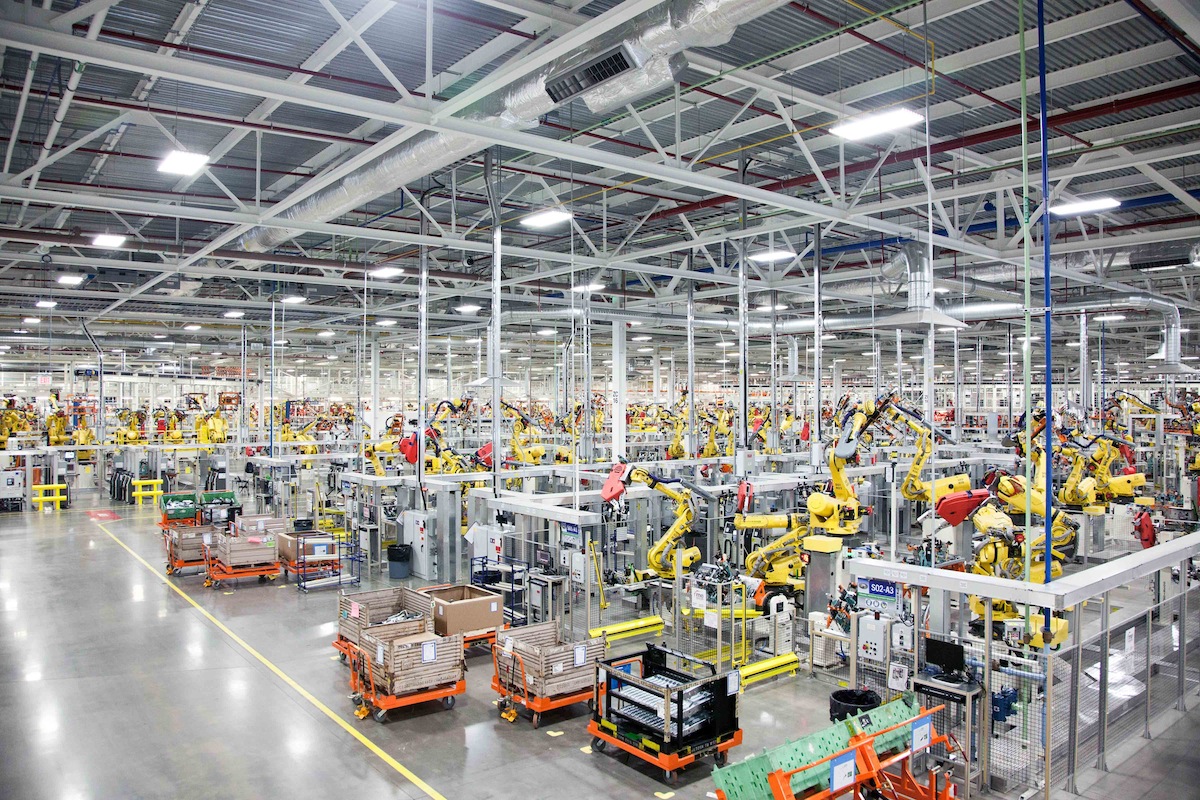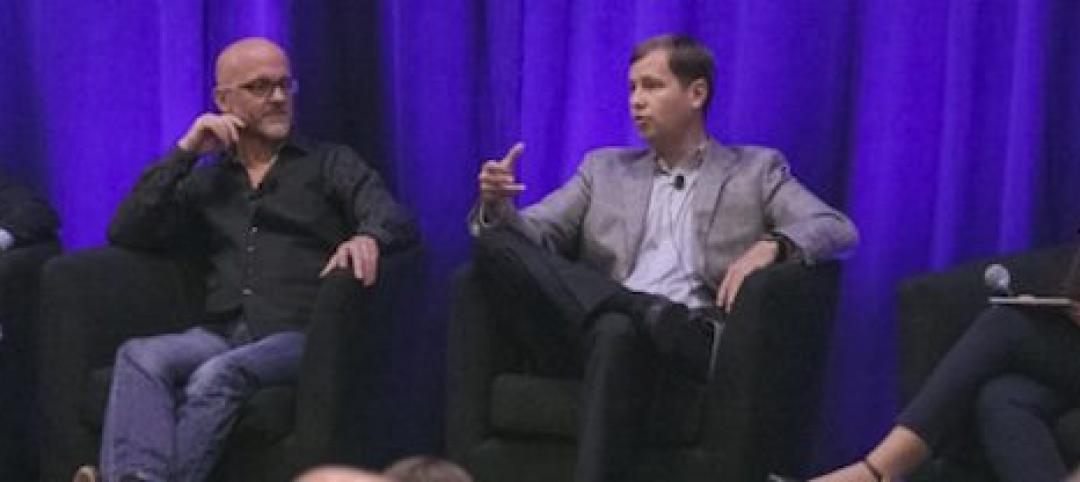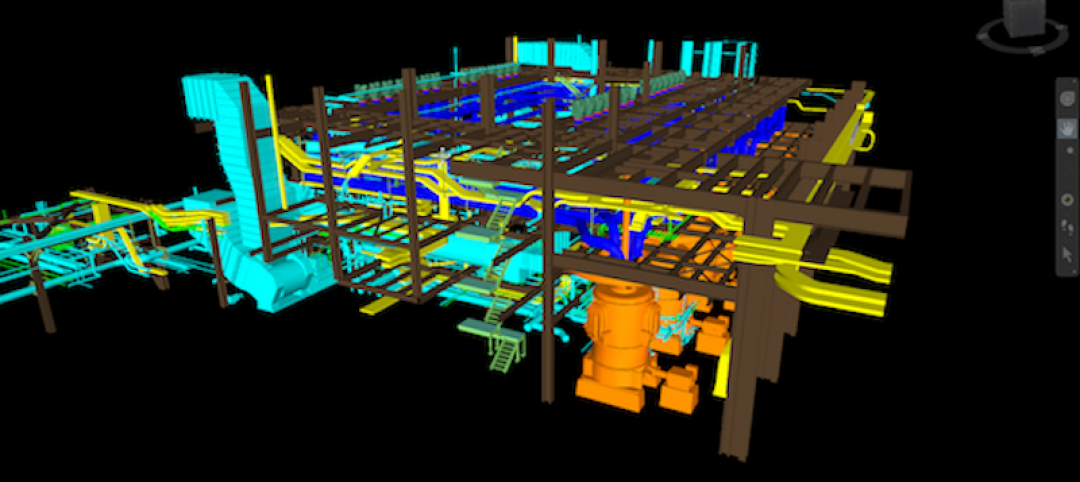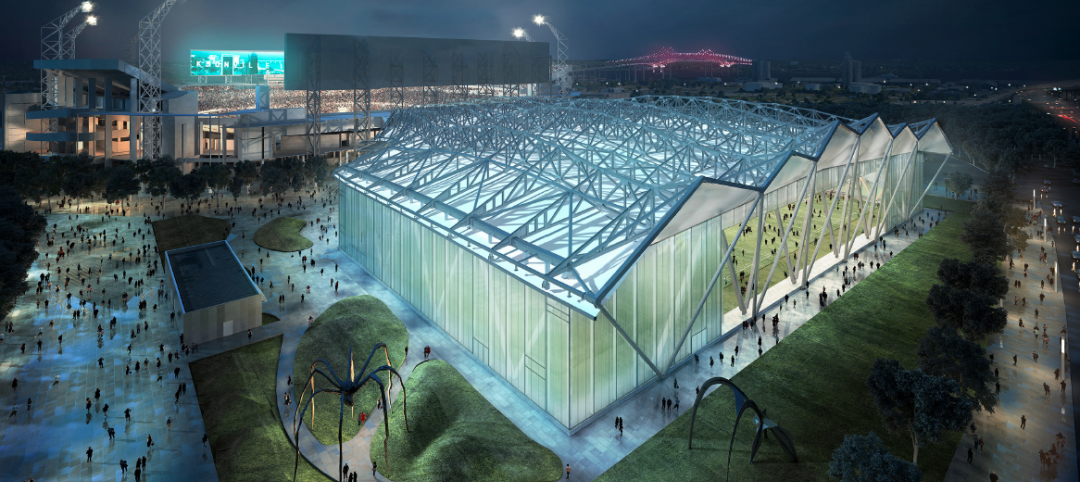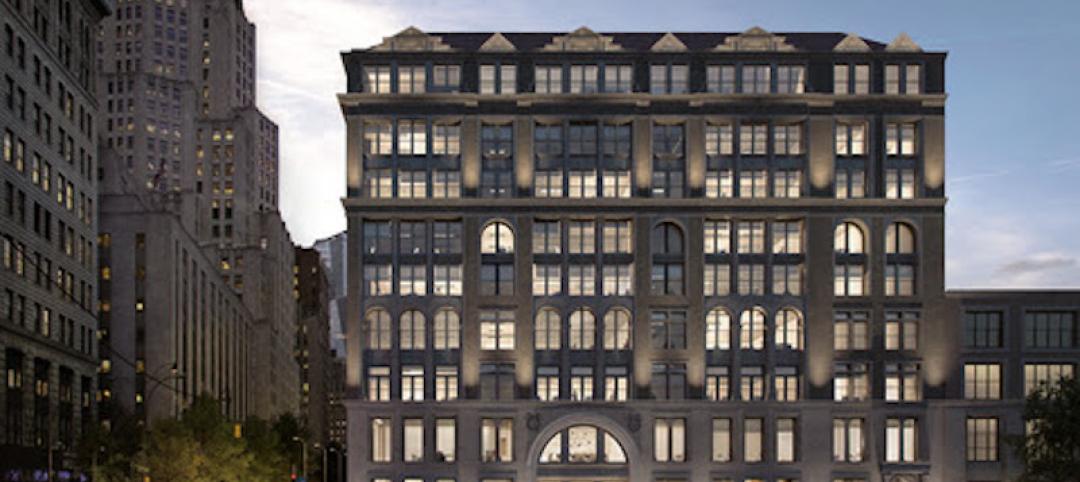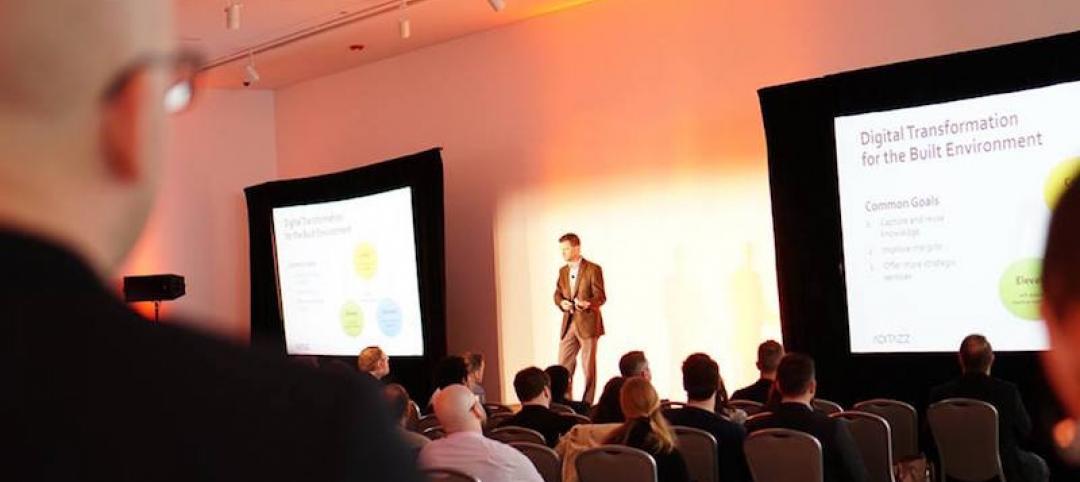Global engineering and design consultantcy Arup launched "Rethinking the Factory," a report exploring the emerging trends, processes, and technologies that are transforming the manufacturing landscape. The report examines how the introduction of new technologies such as 3D printing, self-cleaning and self-healing materials, human/robot collaboration will lead to faster, more efficient and environmentally friendly production.
While many believe robots will replace humans in the factories of the future, the report, developed by Arup’s Foresight + Research + Innovation and Science and Industry teams, suggests collaboration between the two will be key. The integration of cameras and smart sensors already allow robots to adapt to their external environments.
Increasingly intuitive, their ability to infer a full task after being shown just a portion of it will enable workers to serve as robot supervisors, operating machinery and controlling smart production processes such as program and systems management and data analysis, rather than participating in manual labor. The increasing technicality of factories will mean that employees with STEM[1] skills will be particularly sought after, further exacerbating the international shortage of highly skilled workers, set to reach 40 million by 2020.
Beyond machines, new materials have the potential to improve the production process and increase product performance. A variety of self-healing and self-cleaning materials are being developed—such as bio-inspired plastic, which replicate the strength, durability, and versatility of a natural insect cuticles—which are capable of repairing damage without human intervention. These technologies will extend the lifetime of manufactured goods and reduce demand for raw materials.
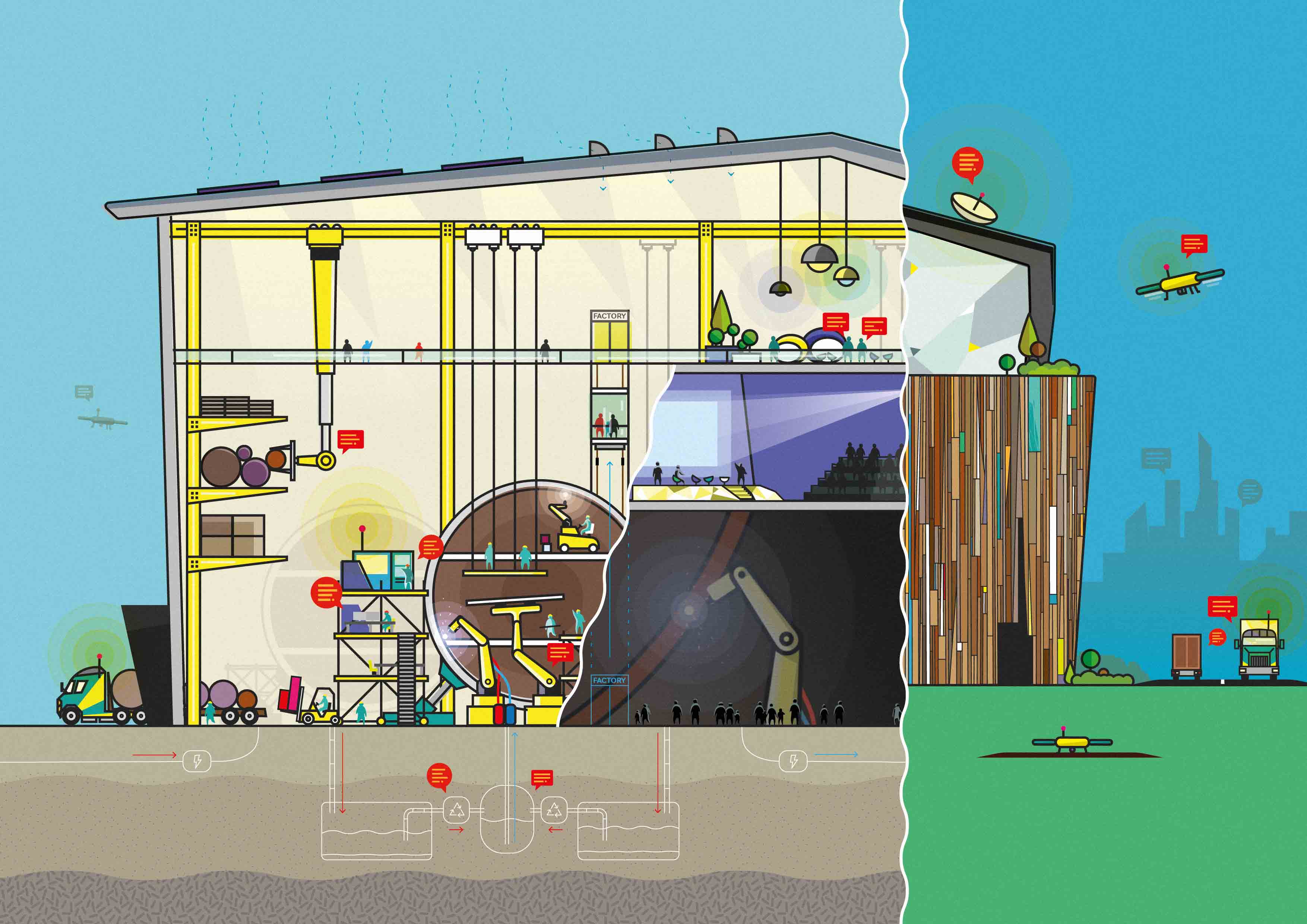
Big data, technology, and 3D printing
The utilization of 3D printing—or more accurately, additive manufacturing—will allow manufacturing to be more mobile and dispersed. Factory locations are therefore likely to become both more varied and closer to the consumer, including the emergence of nontraditional spaces such as small offices in a city center. This will allow production to take place closer to the point of use, lowering transport costs and emissions.
Intelligence based on Big Data, advanced analytics, and the Internet of Things will create new opportunities for competitive advantage. Analysis of data will reveal detailed customer insights, identify new product opportunities sooner, and get new products and designs to market faster. Additive manufacturing and digital technologies will also make this mass customisation, faster, easier and more affordable.
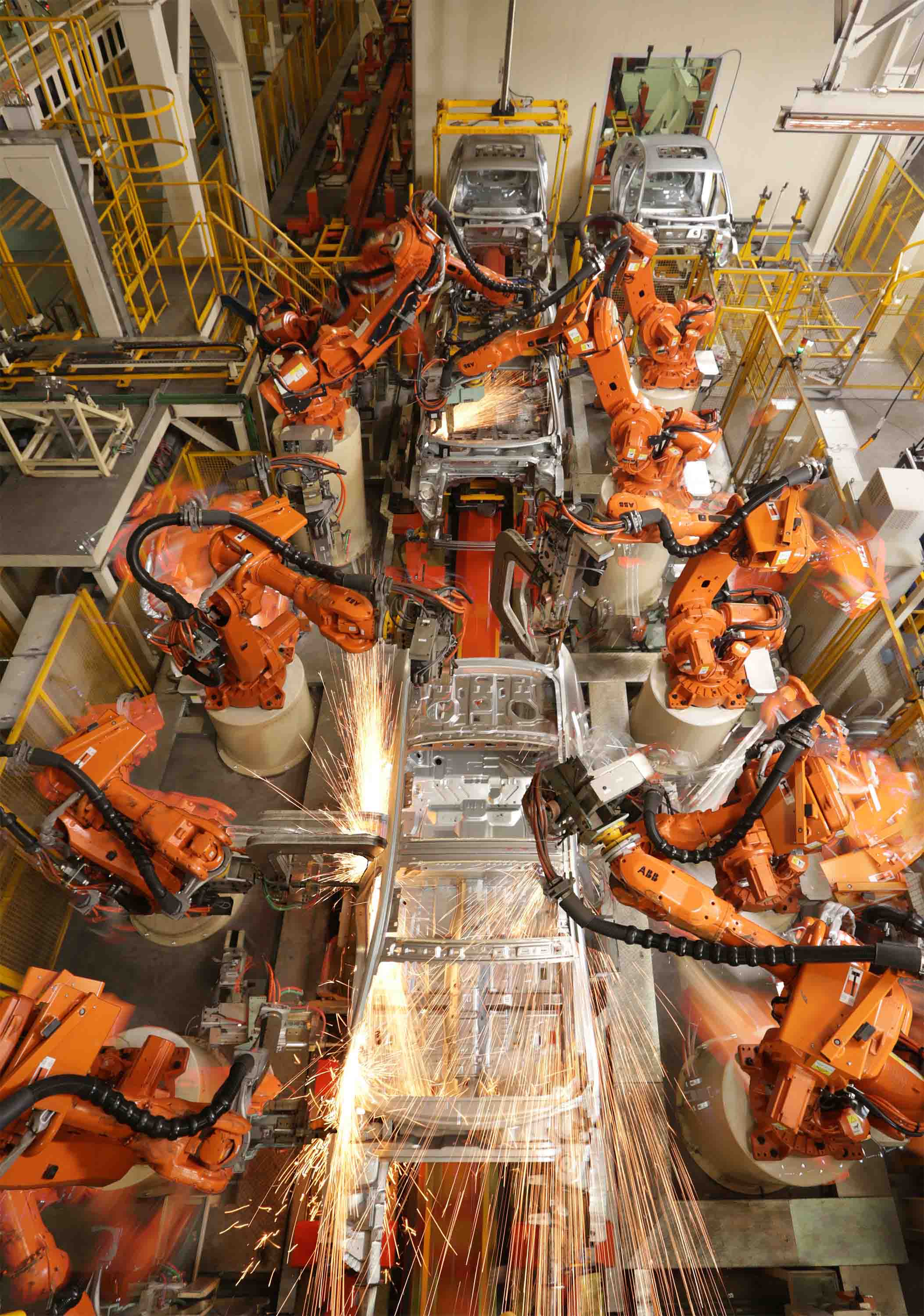
Resilient and Adaptive Spaces
Flexibility will be critical to tackling changing consumer demands and shifting market trends. Factories will be adaptable, with modular building techniques to enable efficient re-scaling and diversification of production across various locations. This will also allow energy, water, and material consumption to be managed more effectively in an increasingly constrained resource market, while producing an environment best suited to meet the multiple needs of its highly skilled workforce.
Using tools such as BIM in factory design, planning and management will play a critical role in allowing manufacturers to foresee and mitigate issues based on access to resources, location choices, weather risks and transportation needs.
The design of the factory will also be more focused on consumer experience, utilising the factory as a showroom. The concept of the "transparent factory" will gain increased importance as more people get involved in making products or as they expect closer insight into how products are manufactured, especially at a customised level. The opportunity for factory owners and operators lies in adapting their existing spaces to enable these types of experiences to take place.
“The convergence of the physical and digital worlds means that manufacturers have to continue to adapt and adopt new processes quicker than ever before," Duncan White, Science and Industry Leader at Arup said in a press release. "While developing sustainable and resilient practices will be essential, having access to a skilled pool of workers will prove to be equally important and challenging as these changes are made. As such, it is critical that companies and policy-makers have a comprehensive understanding of the changing manufacturing landscape."
Rethinking the Factory is part of Arup’s Future of… series that envisages the possible futures by highlighting innovations from around the world. Previous reports include the Future of Highways, Future of Rail, Cities Alive, and It’s Alive.
For further information on Rethinking the Factory please download the report.
Related Stories
Sponsored | BIM and Information Technology | Sep 19, 2017
BIM vs VDC…how the US and the UK differ in approaching digital project delivery
In this four-part series, Bluebeam VP Sasha Reed sat down with industry experts to examine the need for defining and understanding digital workflows and data management throughout the design and construction project lifecycle.
Sponsored | BIM and Information Technology | Aug 28, 2017
3D scanning solution brought in to beat the heat on challenging fuel pipe demolition and replacement project
Acensium is an engineering consulting services firm with a focus on material handling retrofit projects and 3D scanning for as-built reality capture.
AEC Tech | Aug 25, 2017
Software cornucopia: Jacksonville Jaguars’ new practice facility showcases the power of computational design
The project team employed Revit, Rhino, Grasshopper, Kangaroo, and a host of other software applications to design and build this uber-complex sports and entertainment facility.
Office Buildings | Jul 20, 2017
SGA uses virtual design and construction technology to redevelop N.Y. building into modern offices
287 Park Avenue South is a nine-story Classical Revival building previously known as the United Charities Building.
Accelerate Live! | Jul 6, 2017
Watch all 20 Accelerate Live! talks on demand
BD+C’s inaugural AEC innovation conference, Accelerate Live! (May 11, Chicago), featured talks on machine learning, AI, gaming in construction, maker culture, and health-generating buildings.
Sponsored | BIM and Information Technology | Jun 13, 2017
Project information management for dummies
| Jun 13, 2017
Accelerate Live! talk: Is the road to the future the path of least resistance? Sasha Reed, Bluebeam (sponsored)
Bluebeam’s Sasha Reed discusses why AEC leaders should give their teams permission to responsibly break things and create ecosystems of people, process, and technology.
| Jun 13, 2017
Accelerate Live! talk: Incubating innovation through R&D and product development, Jonatan Schumacher, Thornton Tomasetti
Thornton Tomasetti’s Jonatan Schumacher presents the firm’s business model for developing, incubating, and delivering cutting-edge tools and solutions for the firm, and the greater AEC market.
| Jun 13, 2017
Accelerate Live! talk: The future of computational design, Ben Juckes, Yazdani Studio of CannonDesign
Yazdani’s Ben Juckes discusses the firm’s tech-centric culture, where scripting has become an every-project occurrence and each designer regularly works with computational tools as part of their basic toolset.


